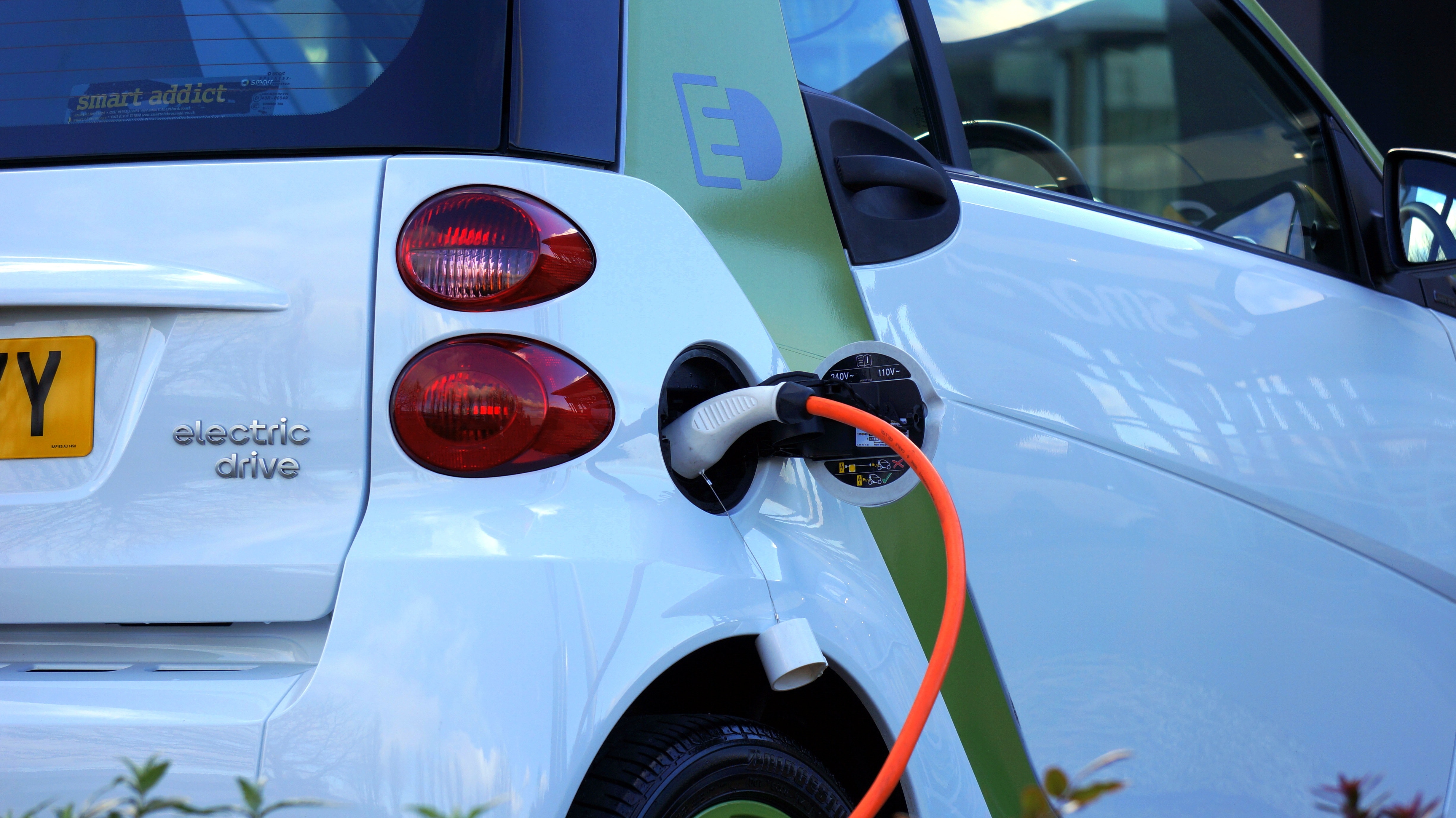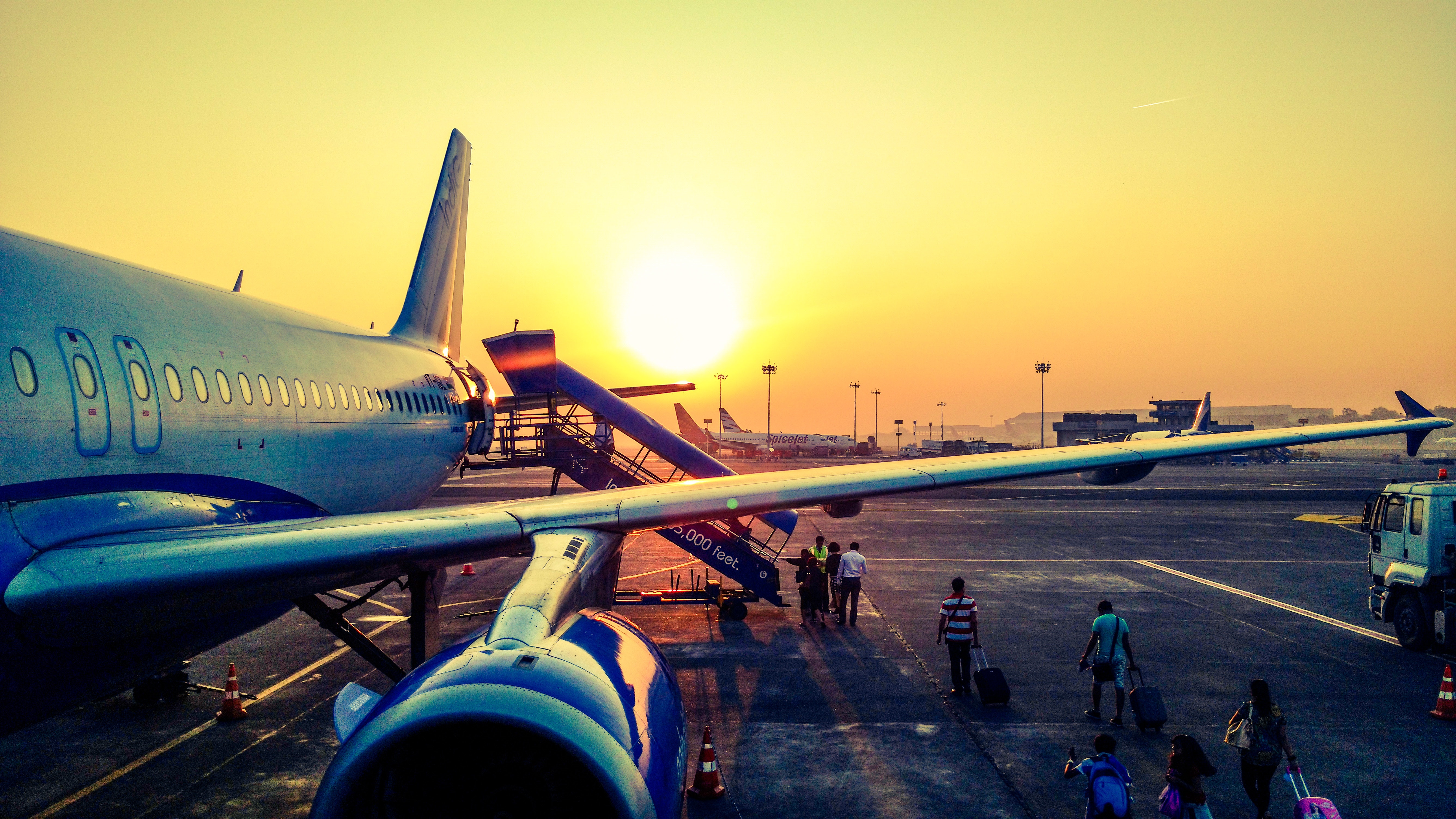Author: Camellia Moors ‘22
Welcome to another rendition of Good News Friday! This edition (somewhat unintentionally) focuses on sustainable advances in the travel industry. As COVID-19 vaccines roll out across the country, I hope these stories will make you hopeful about the possibility of sustainable travel in the future.

- Hybrid Planes Could Reduce Air Pollution: In addition to greenhouse gases like carbon dioxide, airplanes emit a variety of harmful pollutants such as fine particulate matter and nitrogen oxides (NOX). In terms of aggregate environmental impact, some estimates place the damage caused by these emissions as twice as harmful compared to carbon emissions. Now, however, some MIT engineers have designed a hybrid airplane engine that could come close to eliminating this problem by almost removing NOX from the equation altogether. The engineers envision their engines being used in common commercial jetliners like the Boeing 737. (To read the full report on the engine proposal, click here).

2. Ford to Increase Electric Vehicles in Europe: After General Motors (GM), America’s largest automobile manufacturer, recently committed to a rapid expansion of its electric vehicle fleet, the pressure has been on for other automakers to compete against GM’s vision for a more sustainable future. At least one of them has now taken steps to do so. On Wednesday, Ford announced that its entire European passenger vehicle fleet will be “zero-emissions capable” and exclusively electric by 2030. These moves by the two automakers, along with President Biden’s push for more electric vehicles, have the potential to shake up the auto industry and pave the path for a more sustainable transportation future.

3. First Synthetic Jet Fuel Flight: KLM Airlines recently trialed the world’s first passenger flight powered in part by “sustainably derived synthetic aviation fuel.” The plane went from Amsterdam to Madrid, and the fuel was created by Royal Dutch Shell (commonly known as Shell). Shell has long had plans to produce sustainable aviation fuel (SAF), which could help European airlines like KLM meet European Union airline emissions offset standards (the United States has also taken some limited steps to reduce airplane emissions).
That’s all for this week! Until next Friday, take a look at our previous Good News Friday posts and please contact us if you have some news you would like to share!

